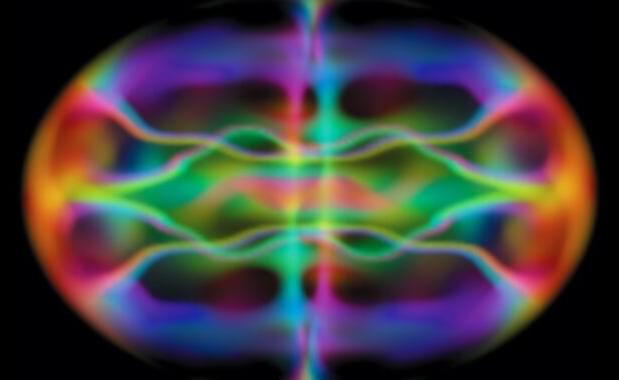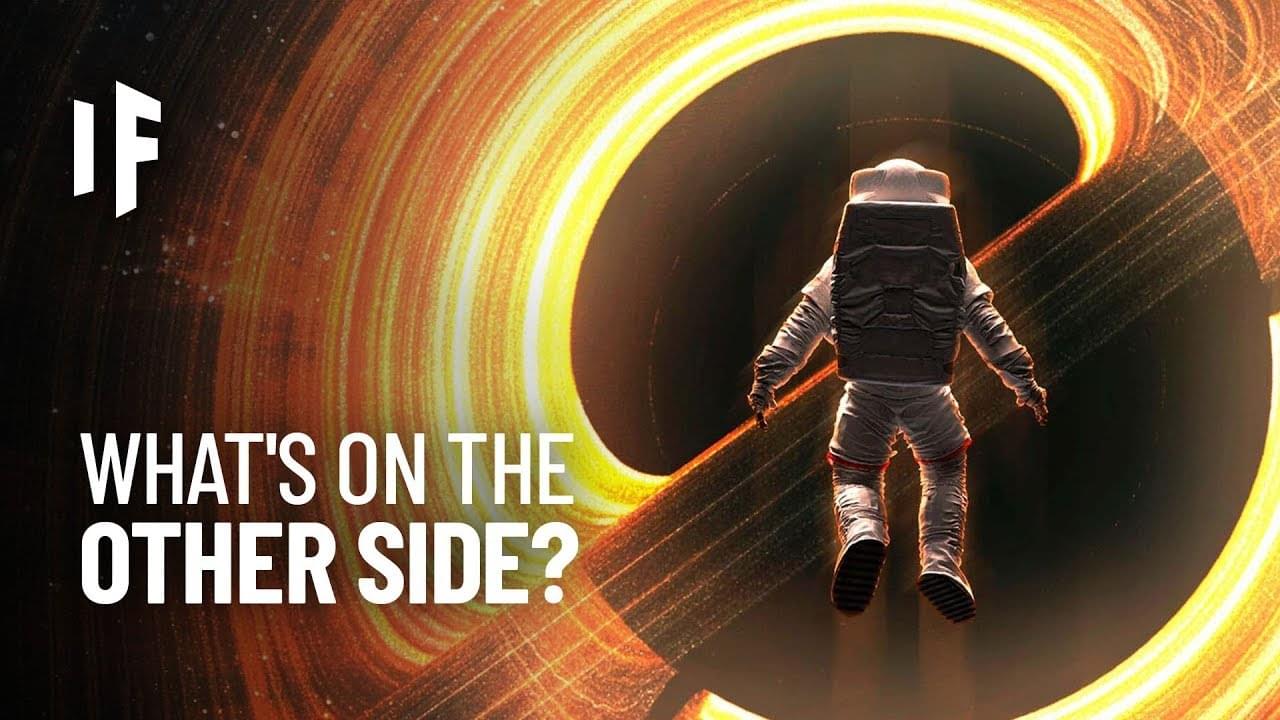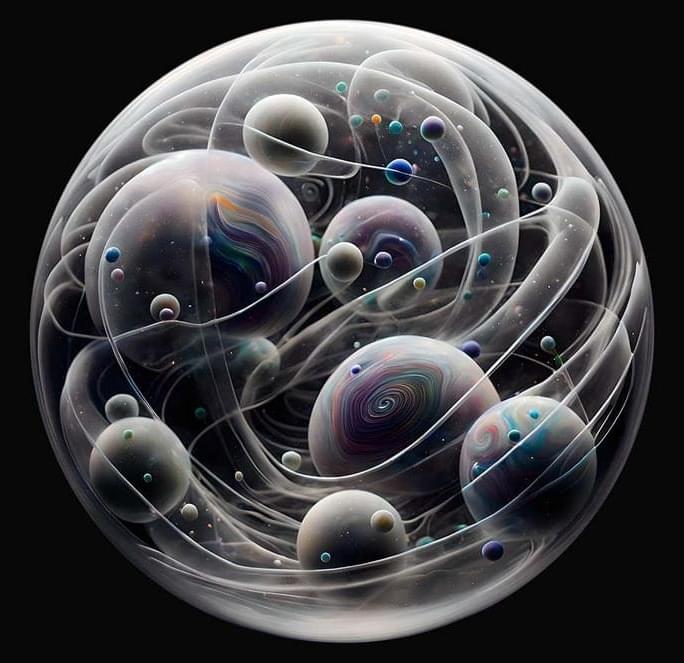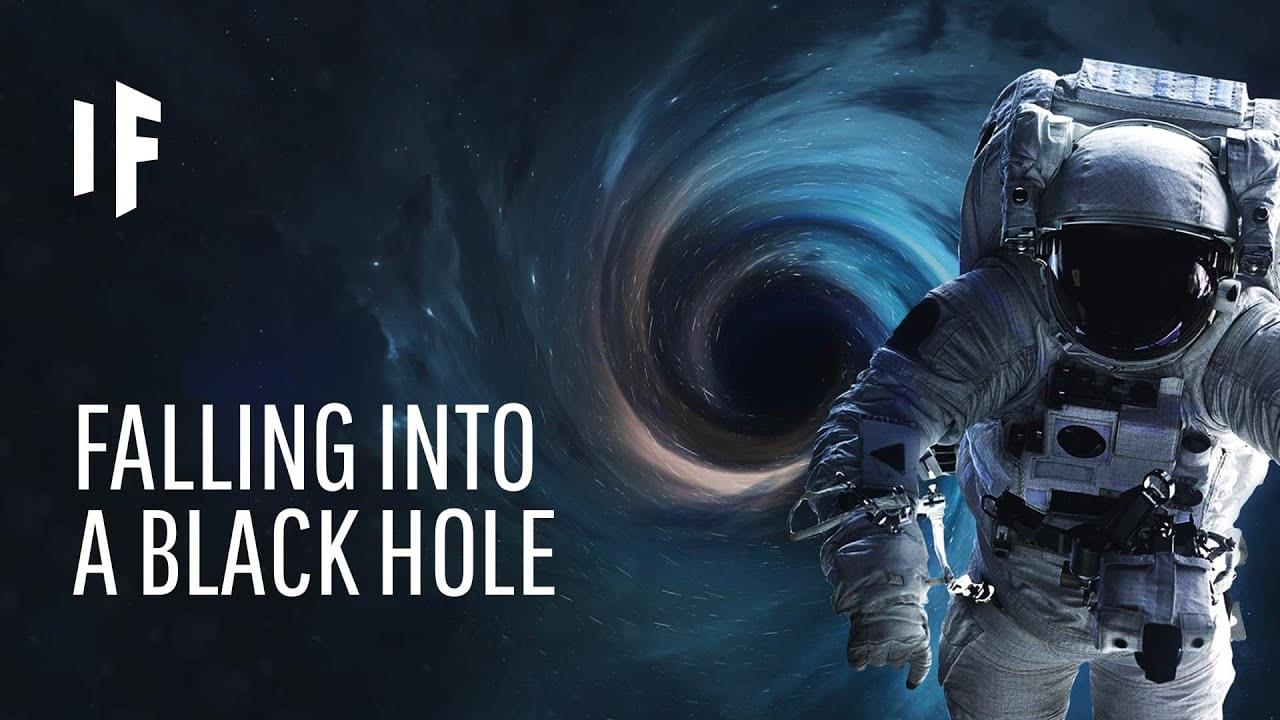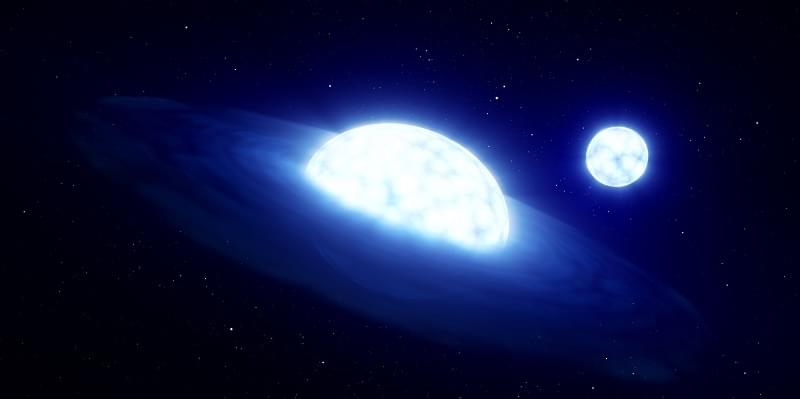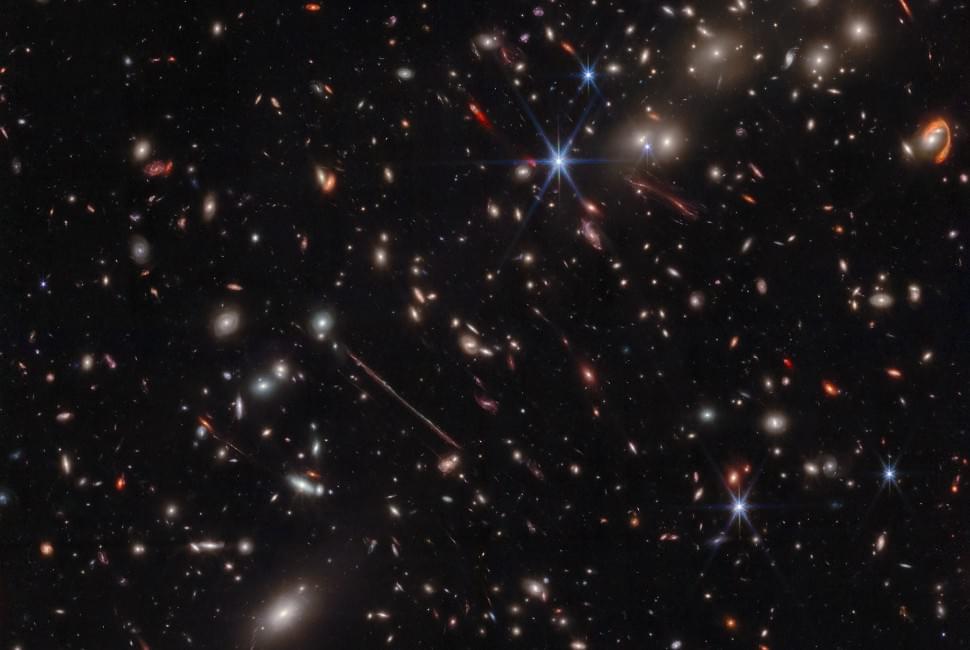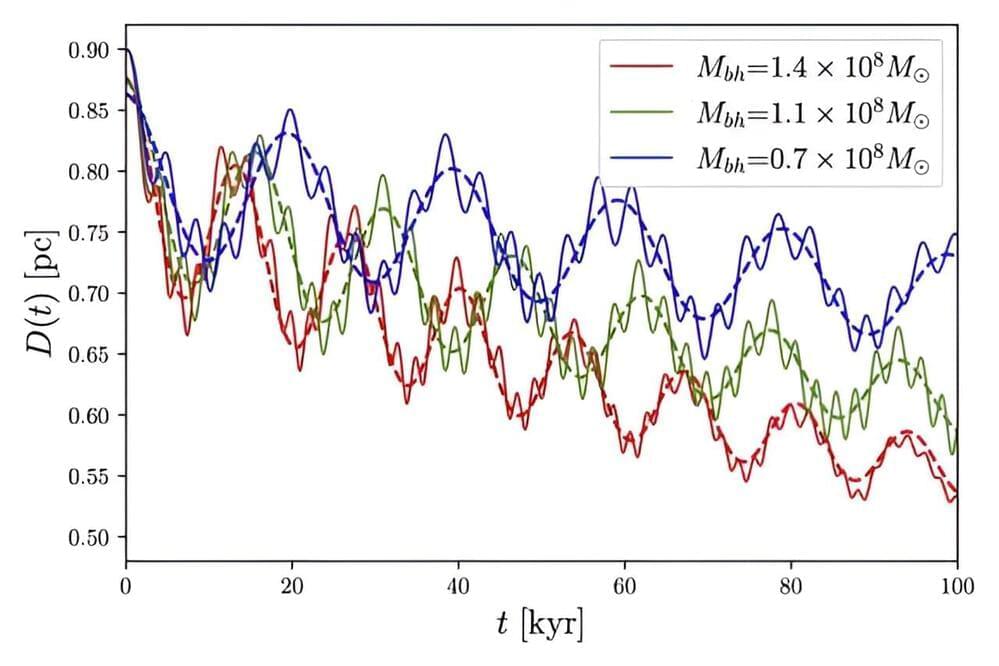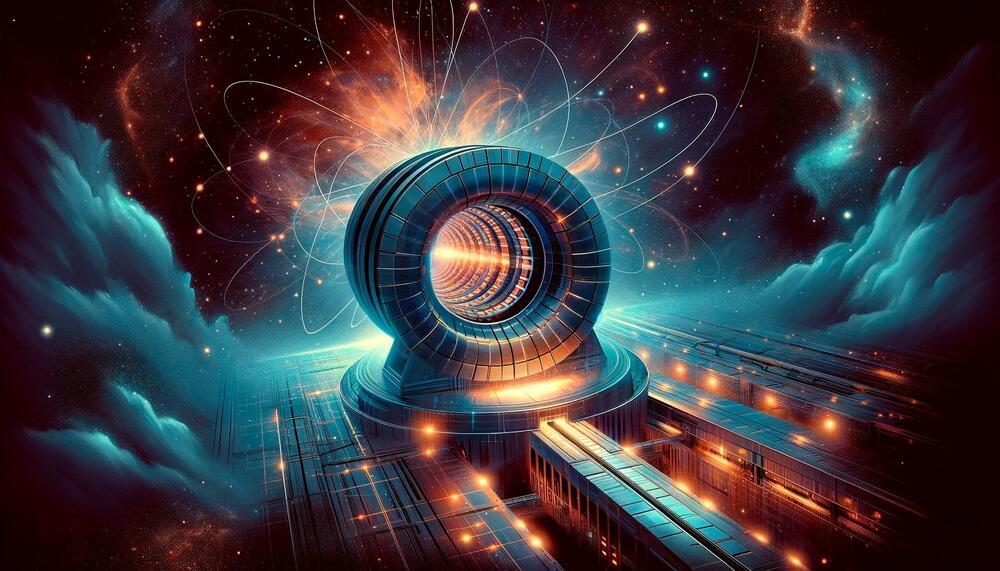Dec 3, 2023
With a quantum “squeeze,” clocks could keep even more precise time, MIT researchers propose
Posted by Cecile G. Tamura in categories: cosmology, quantum physics
More stable clocks could measure quantum phenomena, including the presence of dark matter.
A new MIT study finds that even if all noise from the outside world is eliminated, the stability of clocks, laser beams, and other oscillators would still be vulnerable to quantum mechanical effects.
Clocks, lasers, and other oscillators could be tuned to super-quantum precision, allowing researchers to track infinitesimally small differences in time, according to a new MIT study.

